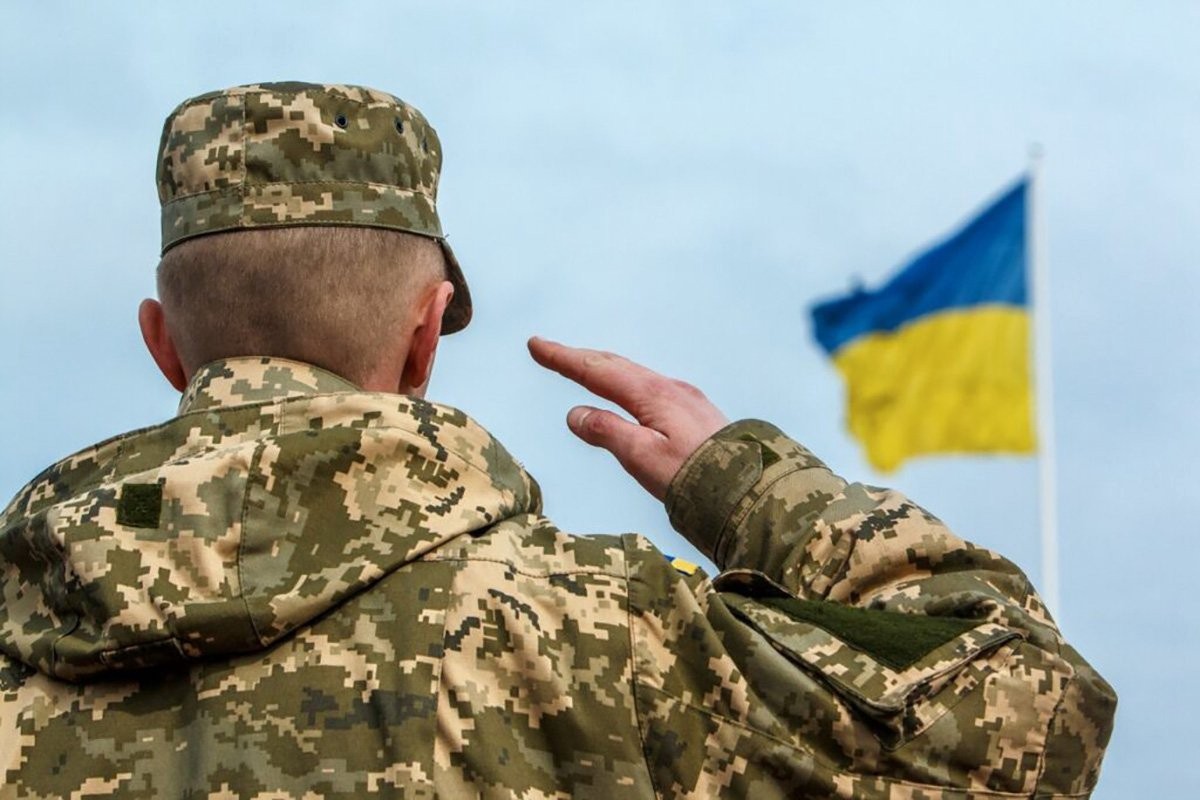For obvious reasons, it is very hard to determine how long a given armed conflict, such as the current war in Ukraine, will last. This is even more problematic for a country that is defending itself against a foreign aggressor. However, this does not mean that either martial law or a state of emergency can last forever.
According to Ukrainian legislation, a state of emergency, unlike martial law, is introduced due to a certain emergency that can be overcome within a defined period. Therefore, the period of a state of emergency is limited by the law. Specifically, Article 7 of the Law on the Legal Status of a State of Emergency says that:
· a state of emergency can be introduced for not more than 30 days at a national level or not more than 60 days in certain regions of Ukraine;
· if necessary, the President can extend a state of emergency for a period not longer than 30 days. A presidential decree on the extension of a state of emergency comes into force after its approval by the Verkhovna Rada of Ukraine.
On the contrary, neither the Constitution of Ukraine nor the Law on the Legal Status of Martial Law has any requirements regarding the period for which martial law can be introduced. However, martial law cannot last indefinitely either.
The Constitution defines several requirements for a presidential decree that introduces martial law. Such a decree should contain:
· an exhaustive list of constitutional rights and freedoms of individuals, as well as rights and legitimate interests of legal persons that are being restricted due to the introduction of martial law;
· a period for which such limitations are introduced.
A presidential decree introducing martial law should be approved by the parliament within a two-day period, which can be done without calling a parliamentary session. A decree that has been approved is then published in mass media immediately.
Unlike the state of emergency law, the legislation on martial law does not define how long martial law can last. This period should be specified in a presidential decree.
On February 21, 2022, Russia recognized the “independence” of the self-proclaimed Donetsk and Luhansk People’s Republics and decided to send its troops to the breakaway regions of Donetsk and Luhansk oblasts. In response, on February 23, the Verkhovna Rada of Ukraine approved the President’s Decree on the Introduction of the State of Emergency in the Certain Regions of Ukraine.
At 5:30 am on February 24, immediately after the start of the full-blown Russian military aggression against Ukraine, the President of Ukraine issued the Decree on the Introduction of Martial Law in Ukraine. Martial law was introduced for 30 days. According to the Decree, the following constitutional rights and freedoms of citizens might be restricted during the martial law period:
· inviolability of the home (Article 30 of the Constitution of Ukraine);
· secrecy of correspondence (Article 31);
· non-interference in private and family life (Article 32);
· freedom of movement, free choice of place of residence, and right to leave the territory of Ukraine (Article 33);
· freedom of thought, freedom of speech, and freedom of expression (Article 34);
· right to participate in government matters and national and local referendums, as well as right to elect and be elected to state and local government bodies (Article 38);
· freedom of peaceful assembly and right to participate in gatherings, meetings, marches, and demonstrations that were notified of in advance (Article 39);
· right to own, use, and dispose of one’s property and results of one’s intellectual and creative activity (Article 41);
· right to entrepreneurial activity (Article 42);
· right to labor chosen or agreed to voluntarily (Article 43);
· right to strike to protect one’s economic and social interests (Article 44);
· right to education (Article 53).
In addition, the Decree introduced restrictions on the rights and legitimate interests of legal persons that are necessary to implement activities under the martial law regime as defined by Article 8 of the Law on the Legal Status of Martial Law.
On March 14, President Volodymyr Zelenskyy issued the Decree on Extending the Period of Martial Law in Ukraine. According to the Decree, the martial law period was extended for another 30 days, until April 25.
If the military actions continue beyond the end date of the martial law period, it can be extended further if the President issues another decree and the Verkhovna Rada approves it. Such a decree should indicate a period for which martial law is extended.
P.S. Below is the list of legislative acts that regulate restrictions that can be applied to individuals and companies during martial law:
· The Constitution of Ukraine
· The Law of Ukraine on the National Security of Ukraine
· The Law of Ukraine on the Defense of Ukraine
· The Law of Ukraine on the Legal Status of Martial Law
· The Decree of the President of Ukraine on the Introduction of Martial Law in Ukraine, from February 24, 2022
· The Law on the Approval of the Decree on the Introduction of Martial Law in Ukraine, from February 24, 2022
· The Decree of the President of Ukraine on Extending the Period of Martial Law in Ukraine, from March 14, 2022
· The Procedure for Engaging Non-Disabled Individuals to Socially Valuable Works under the Conditions of Martial Law, approved by the Resolution of the Cabinet of Ministers, from July 13, 2011
· The Resolution of the Cabinet of Ministers on the Issues Related to the Introduction and Implementation of Certain Measures of Martial Law, from July 8, 2020
